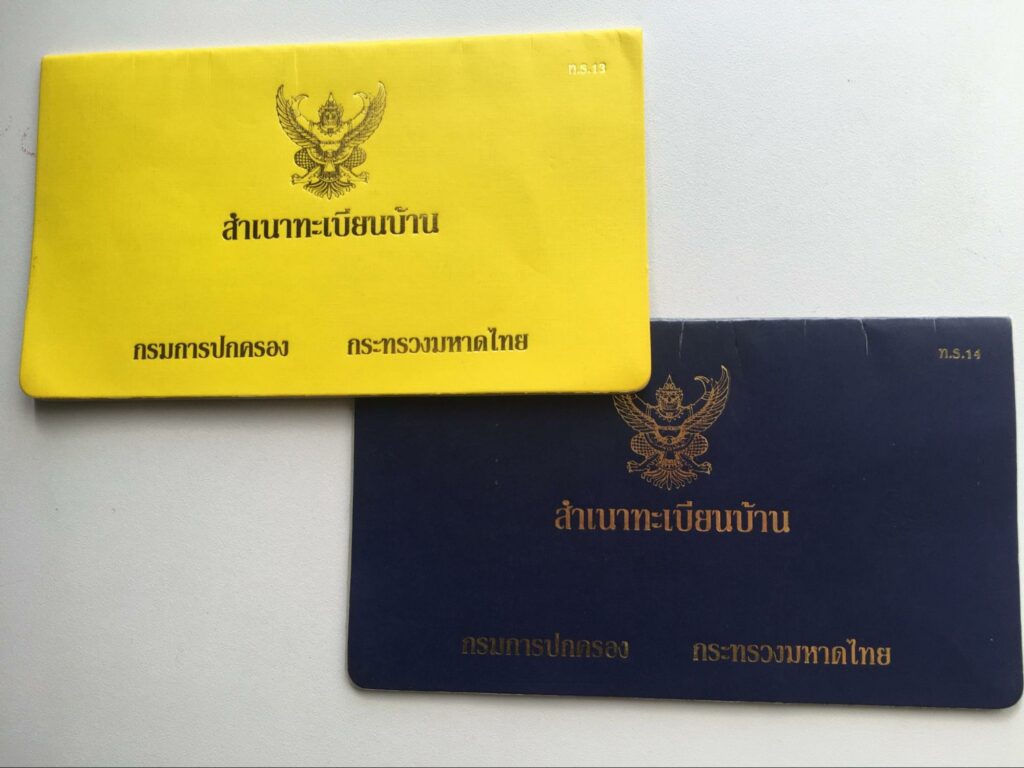Read this article if you want to know how to get permanent residency in Thailand. In this part 1 of 2 articles dedicated to this topic, you will know what permanent residency in Thailand is, and what the benefits of having one are.
If you want to invest as an expat or high-net-worth individual, which is what i specialize in, you can email me (advice@adamfayed.com) or use WhatsApp (+44-7393-450-837).
Introduction
Thailand has long been regarded as one of Asia’s best expat destinations, with expats flocking to the tropical paradise that is justifiably known as the Land of Smiles.
Thailand is a stunningly gorgeous and diversified nation that provides a tantalizingly unique blend of traditional and ultra-modern culture. This is a country that looks to the future while maintaining a strong connection to its past. No wonder why many expats are interested about getting a permanent residency in Thailand. Continue reading to know about this topic.
What is a Permanent Residency in Thailand?
A Permanent Residency in Thailand or a Thai Permanent Residence Visa is required by everyone who wishes to make Thailand their permanent residence. This might be for a number of reasons, and there is no specific sort of person for whom this visa is intended, but there are a number of stringent standards that must be met in order for your permanent residency application to be approved.
Many benefits come with a permanent residency in Thailand. It permits you to stay in Thailand indefinitely without any need for visa runs or stay extensions. It also enables you to register your house or any other property in Thailand under your name, as well as purchase a home or property without the need to transfer funds from outside. It also simplifies the process of applying for a Work Permit.
A permanent residency in Thailand also permits you to lawfully become a director of a Thai public firm and to seek a stay extension and Permanent Resident status for any non-Thai family members. You can seek to acquire Thai citizenship by naturalization while on a Thai Permanent Residence Visa if you meet all of the conditions.

Benefits of a Permanent Residency in Thailand
You are not a Thai citizen if you are a permanent resident. In Thailand, you will still be unable to own land and will require a work visa in order to work. However, permanent residency will provide you with some benefits. They will provide you a document outlining some of these benefits when you were given permanent residency in Thailand:
- You will be granted permission to stay indefinitely. In other words, you are no longer need to seek for a stay extension.
- You will be given an alien registration certificate.
- You will be allowed to have your name written in a blue House Book (Tabien Baan) rather than a yellow one.
- For immigration passport control for arrival or departure, you can use the same counter as Thai nationals (yep, the queue for Thai people at the airport!)
- Thai citizenship must and will be awarded to a child whose parents are both permanent residents of Thailand.
- You will be able to purchase a condominium in Thailand without having to transfer funds from outside the country
- Five years after your name is recorded in a blue Tabien Baan, you will be eligible to apply for citizenship.
- You can legally become a director of a Thai public company
- You will be excluded from receiving address notifications every 90 days.
Because you will still be required to report to authorities on a regular basis, the benefits are truly minimal. However, if you become a permanent resident of Thailand, you can petition to become a Thai citizen under Thai law. After 5 years of permanent residency, you can generally petition for citizenship.
Once a year, around December, you can apply for permanent residency. Every year, the ministry of the interior will make an announcement about the permanent residence program’s launch. The ministry of interior has set a limit of maximum 100 persons per nation to be granted.
The application fee is merely approximately 7,600 Baht. If you are awarded permanent residency in Thailand, you will have to pay roughly 191,400 Bhat if you are not married to a Thai citizen, or 95,700 Bhat if you are married to a Thai citizen to obtain the certificate of permanent residency in Thailand.
Difference Between Citizenship and Permanent Residency in Thailand
There are, in fact, significant disparities in benefits. While Thai permanent residency provides certain benefits to the person involved, it does not give nearly as many rights and privileges as citizenship does. So, for example, a Thai permanent resident does not always receive a travel document such as a passport. While travel documents are available to Thai Permanent Residents in certain circumstances, it is not a commonly issued document, and those who do receive it frequently must demonstrate a few extenuating circumstances as to why they should receive the document.
Furthermore, there are other privileges linked with permanent residency in Thailand that are conferred significantly, if not excessively, in citizenship. For example, in order to obtain a work permit on a standard non-immigrant foreigner, a permanent resident must have four Thai workers on any given firm here in Thailand, according to Thai Labour Code Laws and Thai Immigration Code Laws.
It is only necessary for a foreigner married to a Thai national to have two workers, two Thai employees, present in the firm to meet the conditions for obtaining a work visa. One significant benefit is that no workers are required for a permanent residency in Thailand.
Permanent residents of Thailand can also be listed in a Blue Book, a Blue House Book, or a Tabien Baan. The blue book serves as formal documentation of residency or address confirmation. This is the proof of address most authorities will demand when opening a bank account, buying a car, or even applying for visas to travel overseas. However, as non-citizens, they are still subject to laws such as the Foreign Business Act, therefore a Thai Permanent Resident cannot necessarily control 51 percent or more of a company that is subject to the Thai Foreign Business Act’s restrictions.

Furthermore, unlike Thai nationals who can work on an as-needed basis, Thai Permanent Residents must retain a work permit for the job they are doing. Another thing to bear in mind is that, once again, some quota issues do not arise when it comes to citizenship unlike in the case of a permanent residency in Thailand. Certain activities are only available to Thai citizens and cannot be participated in by non-Thai nationals. It’s a modest list of items, but it’s there. It appears that the possession of firearms is now restricted to Thai citizens alone, with permits being given.
So there are a number of distinctions between a permanent residency in Thailand and Thai citizenship, the most notable of which is that a Thai Permanent Resident is not a citizen; by definition, they remain a foreign national, with a permanent visa status in the Kingdom and a permanent immigration status. It is an immigration status that is more difficult to remove than, say, non-immigrant status, but it is still possible to have permanent residence revoked, so some things like this distinguish Thai citizenship from permanent residence, but that being said, depending on the circumstances of the individual in question, it may not be possible to become a citizen, or it is possible that becoming a citizen is neither desirable nor practical for a certain individual.
So it will be extremely situational whether permanent residency in Thailand or Thai citizenship is preferable for an individual in a specific set of circumstances, and that obviously has to be examined and selected by the individual concerned.
Conclusion
The majority of foreigners who travel to Thailand do so on a tourist visa (valid for 60 days) or a non-immigrant visa (valid for 90 days but must be renewed through Thai Immigration). Getting a permanent residency is for those who want to stay long term, and eventually want to acquire citizenship.
If you are interested about getting a permanent residency in Thailand, continue to How to Get Permanent Residency in Thailand – Part 2 to learn about the application requirements and process.
Pained by financial indecision? Want to invest with Adam?

Adam is an internationally recognised author on financial matters with over 830million answer views on Quora, a widely sold book on Amazon, and a contributor on Forbes.



